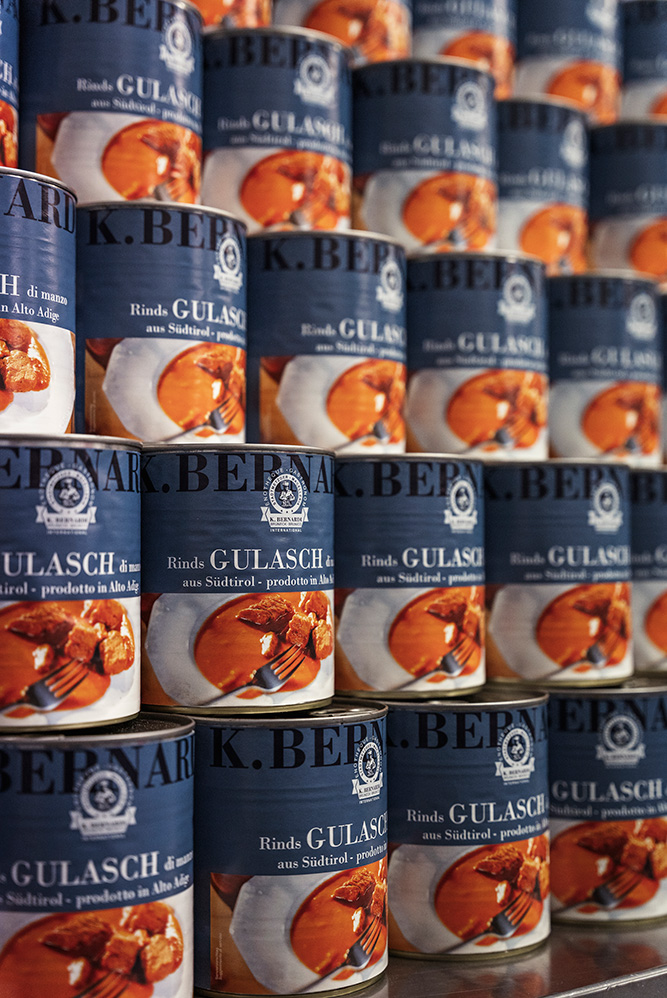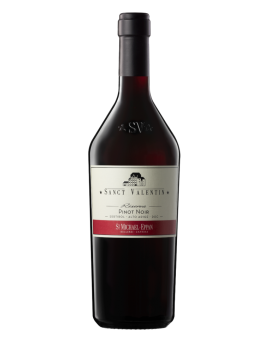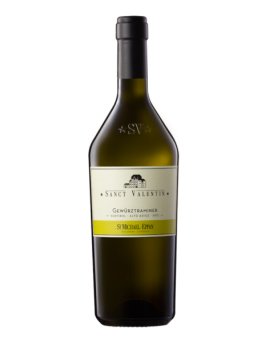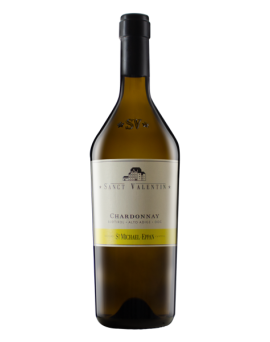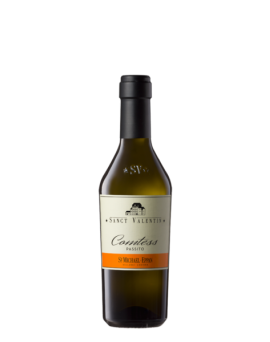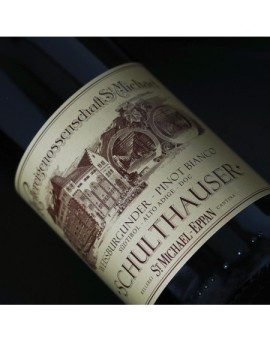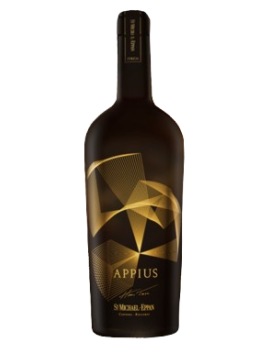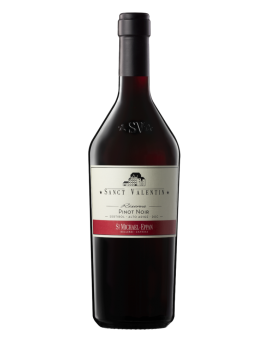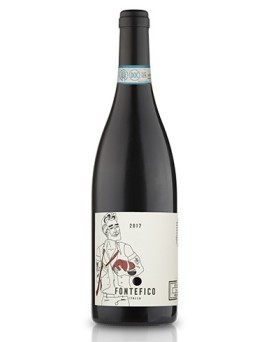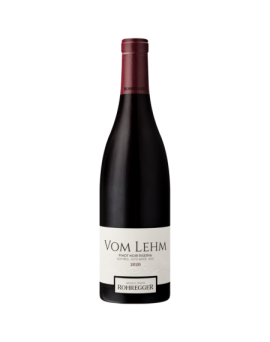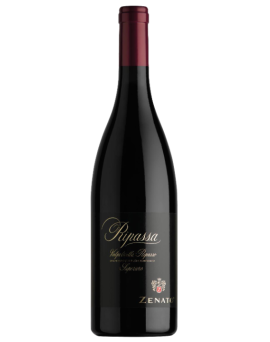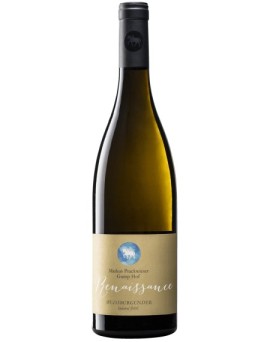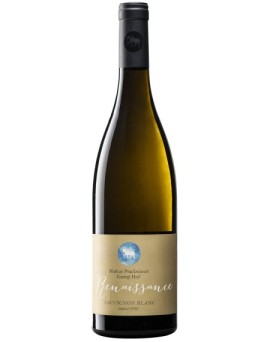Magnum Blauburgunder St....
<br />South Tyrol DOC<br />Pinot Noir Riserva<br />Sanct Valentin<br /><br />Pinot Noir has been cultivated in South Tyrol since 1850 and is also known in many places as Pinot Noir. It is the winery's most important red wine. This grape variety is a<br />very special challenge for the winemaker, as it is very demanding in terms of soil and climate, and must also be processed with special care in the cellar. For the Pinot Noir<br />Sanct Valentin, which has been part of the prestige line since 1995, only grapes from the best vineyards and oldest vines are used. Extremely low yields and the greatest<br />care produce an elegant and highly sensual wine, characterised by structure, balance and fine tannins.<br /><br />Eye: ruby red<br />Nose: small red berries, strawberry, violet, smoky notes, cinnamon.<br />Taste: spicy, smooth, elegant and seductive<br />Variety description: Pinot noir<br />Growing site: older vineyards in St. Michael-Eppan and surroundings (400-550 m)<br />Exposure: south-southeast to south-southwest<br />Soils: moraine rubble and limestone gravel soils<br />Method of cultivation: Guyot <br />Vine age: 8 to 26 years<br />Harvest: mid-September; harvest and grape selection by hand.<br />Vinification: Cold maceration (three days) followed by fermentation and soft pressing. Fermentation in steel tanks. Malolactic fermentation and ageing in barriques. After<br />about one year, assemblage and further maturation for 10 months in concrete barrels:<br />Wine data<br /><br />Alcohol content: 14<br />Acidity: 5,45 gr/lt<br /><br />Drinking temperature: 14-16°.<br />Ageing/potential: 10 years and more<br />Recommended consumption: Ideal as an accompaniment to braised lamb shoulder or saddle, oxtail or strong cheese. <br />
Price
€106.20

